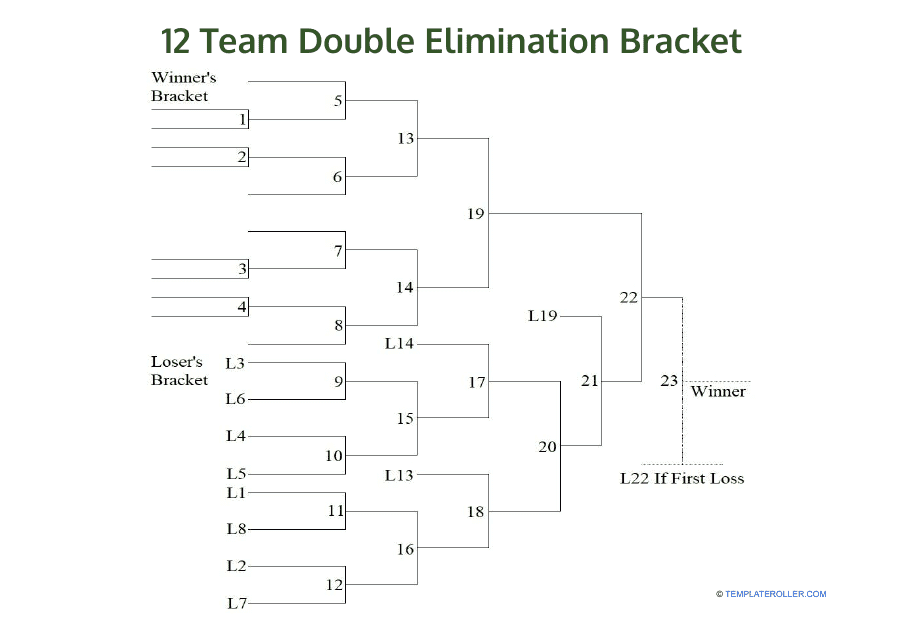The International 2025 (TI14) was a crucible of skill and strategy, but for two-time champions Team Spirit, their journey ended abruptly. Following a decisive 0:2 defeat to the formidable Team Falcons in a critical group stage tie-breaker, the dragons found themselves eliminated, settling for a 9th-13th place finish. This unexpected early exit sent ripples through the Dota 2 community, prompting a swift and pointed analysis from prominent Russian streamer and renowned analyst, Alexander “Nix” Levin.
Nix`s critique, delivered with his characteristic candor during a live Twitch broadcast, cut straight to the core of the issue: not mechanical misplays or coordination lapses, but a baffling oversight in Team Spirit`s fundamental approach to the draft phase. For Nix, Spirit’s downfall was less about being outplayed and more about being out-thought—or rather, failing to think strategically enough.
The Persistent Peril: Unbanned Power Heroes
The crux of Nix`s argument centered on Spirit’s repeated failure to ban critical heroes, especially those consistently leveraged by Team Falcons` mid-laner, Malr1ne. His frustration was palpable as he questioned the tactical decisions made by the seemingly well-prepared champions:
“I honestly don`t know how you can play against Malr1ne and not ban Sand King and Earthshaker,” Nix exclaimed, his voice tinged with incredulity. “Their games were just a nightmare. You look at their drafts, their bans… What they banned against Falcons… Why ban Bristleback in the first phase if Falcons never pick him unless it`s a last pick?”
This observation highlights a puzzling disconnect: while other teams diligently targeted Falcons` signature heroes, Team Spirit appeared to be operating on an entirely different wavelength. It was, as Nix`s tone suggested, an almost unbelievable oversight for a team of their caliber.
A Tale of Two Strategies: Learning vs. Repeating Errors
To underscore his point, Nix provided examples of how other top-tier teams approached the challenge of facing Team Falcons, contrasting their adaptive strategies with Spirit`s perceived rigidity. He lauded the meticulous preparation of other contenders:
- Xtreme Gaming`s Precision: “Just look at Xtreme Gaming. They immediately ban Chen, SK, and secure Earthshaker for themselves. If they don`t have first pick, they instantly ban Chen, SK, Earthshaker, and Monkey King. Perfectly executed.” This showcases a clear, proactive strategy designed to dismantle Falcons` preferred hero compositions.
- Team Tidebound`s Swift Adaptation: Even Team Tidebound, after an initial loss to Falcons, demonstrated a rapid learning curve. “Team Tidebound lost that map,” Nix noted, “but immediately made conclusions, banned Earthshaker in the next game, and won. In the final map, they banned Earthshaker, SK, and even stole Malr1ne`s Primal Beast. They gave up Nature`s Prophet first pick, but Primal Beast is extremely strong against it. Then they secured Naga Siren and Lycan against that same Nature`s Prophet. This is the ideal guide on how to absolutely devastate Team Falcons in the draft phase.”
These examples served as a stark, implicit rebuke to Team Spirit: the blueprint for defeating Falcons existed, meticulously crafted and successfully executed by their peers. Yet, Spirit seemed to disregard it.
History Repeating: The FISSURE Universe Blunder
What amplified Nix`s bewilderment was the recent history between the two teams. Team Spirit had recently faced Team Falcons in the grand finals of FISSURE Universe: Episode 6, where similar drafting issues had contributed to Spirit`s defeat. The streamer found it incredulous that these lessons, learned at such a high cost, had apparently been forgotten or ignored.
“This is exactly what happens when you give Malr1ne Earthshaker and SK,” Nix stated, his voice now laden with disbelief. “You yourselves gave him these heroes in every game [at FISSURE Universe] and lost every single one. You, more than any other team on the planet, should know that you cannot afford to give them these heroes. But no… Everyone else who beats them knows this. Spirit, however, are the only ones banning Naga Siren and Bristleback.”
The lack of introspection and adaptation was, for Nix, the ultimate mystery. He questioned how Spirit could fail to review their own prior losses against Falcons, or even the rare instances where Falcons themselves had been defeated, to identify the crucial hero bans. The “cherry on top” of this baffling strategic misstep, according to Nix, was Team Spirit`s final, desperate pick of Ogre Magi in the deciding game. It painted a picture of a team that, despite its proven prowess, was astonishingly unprepared for the immediate, repeating challenges.
The High Cost of Oversight: An Early Departure
Team Spirit`s early exit from TI14, finishing 9th-13th, serves as a harsh reminder of the unforgiving nature of top-tier professional Dota 2. In an ecosystem where margins of victory are razor-thin, and information is a constantly flowing current, a failure to analyze, adapt, and learn can prove catastrophic. While Falcons` offlaner Ammar “ATF” Assaf reportedly expressed some sadness regarding Spirit`s situation, the competitive reality dictates that strategic acumen trumps sentiment.
Nix`s incisive analysis underscores a fundamental truth in esports: raw mechanical skill, while essential, is insufficient without equally sophisticated strategic preparation. The International demands not just flawless execution, but also profound understanding of the meta, opponent tendencies, and the historical context of every matchup. Team Spirit`s TI14 campaign, viewed through Nix`s critical lens, stands as a cautionary tale: sometimes, the most dangerous opponents aren`t just those across the map, but the unlearned lessons lurking in the draft phase. The ghost in the draft, it seems, can haunt even the greatest champions.

